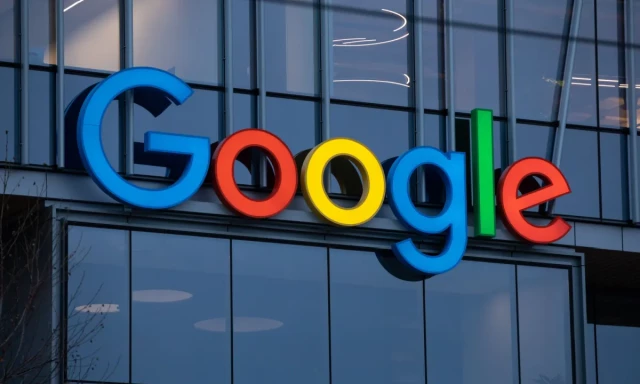The saga continues between Google and France's competition authority over copyright.
This week, Google was slapped with a €250 million fine (around $270 million) for violating its commitments to French news publishers.
Key Points:
- Copyright Concerns: The fine stems from Google's use of news content to train its generative AI model, Bard (now called Gemini), without notifying publishers or the French authority. Google argues this falls under an EU text and data mining exemption, but the authority disagrees.
- Opaque Negotiations: The authority also found Google failed to provide publishers with all the information needed for fair remuneration negotiations. Google's methodology for calculating payouts was deemed "particularly opaque," and it didn't meet non-discrimination criteria. Additionally, Google imposed a minimum threshold for payouts, essentially excluding smaller publishers.
- Technical Opt-Out Issues: Until September 2023, publishers had to choose between blocking all Google indexing (including Search and News) or allowing their content to be used for training Bard. Google implemented a more granular opt-out option in September, but the authority will monitor its effectiveness.
- Looking Ahead: The incoming EU AI Act will require developers to comply with copyright rules and disclose details about training data for large language models. This could make it easier for publishers to seek fair compensation in the future.
Google's Response:
While Google agreed not to contest the findings in exchange for a faster resolution, it maintains the fine is "not proportionate." The company claims it wants to move forward and focus on constructive partnerships with French publishers.
This hefty fine highlights the ongoing tension between tech giants, copyright holders, and regulators in the age of AI. As generative AI tools become more powerful, ensuring fair compensation for the content used to train them will be a critical issue.




















